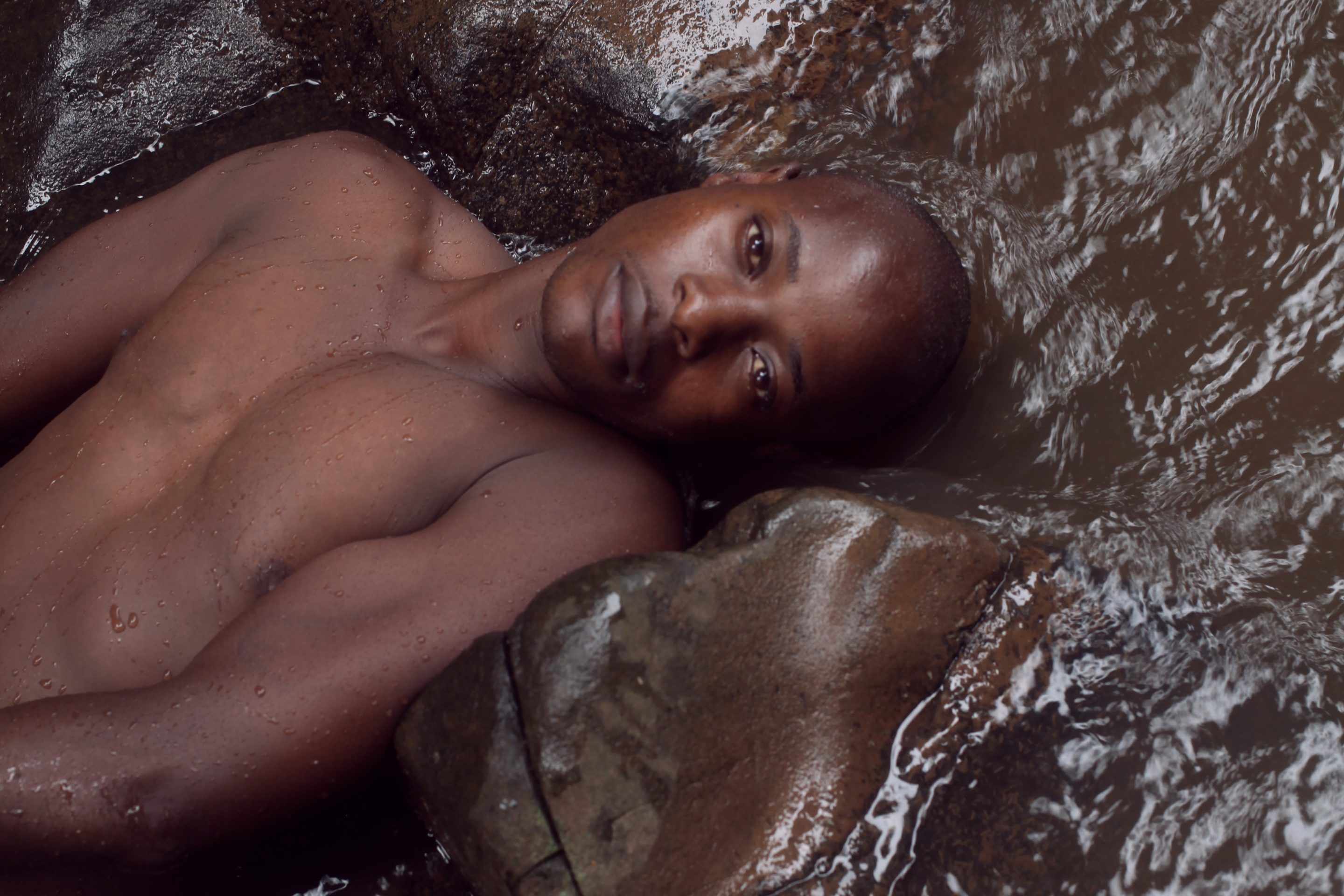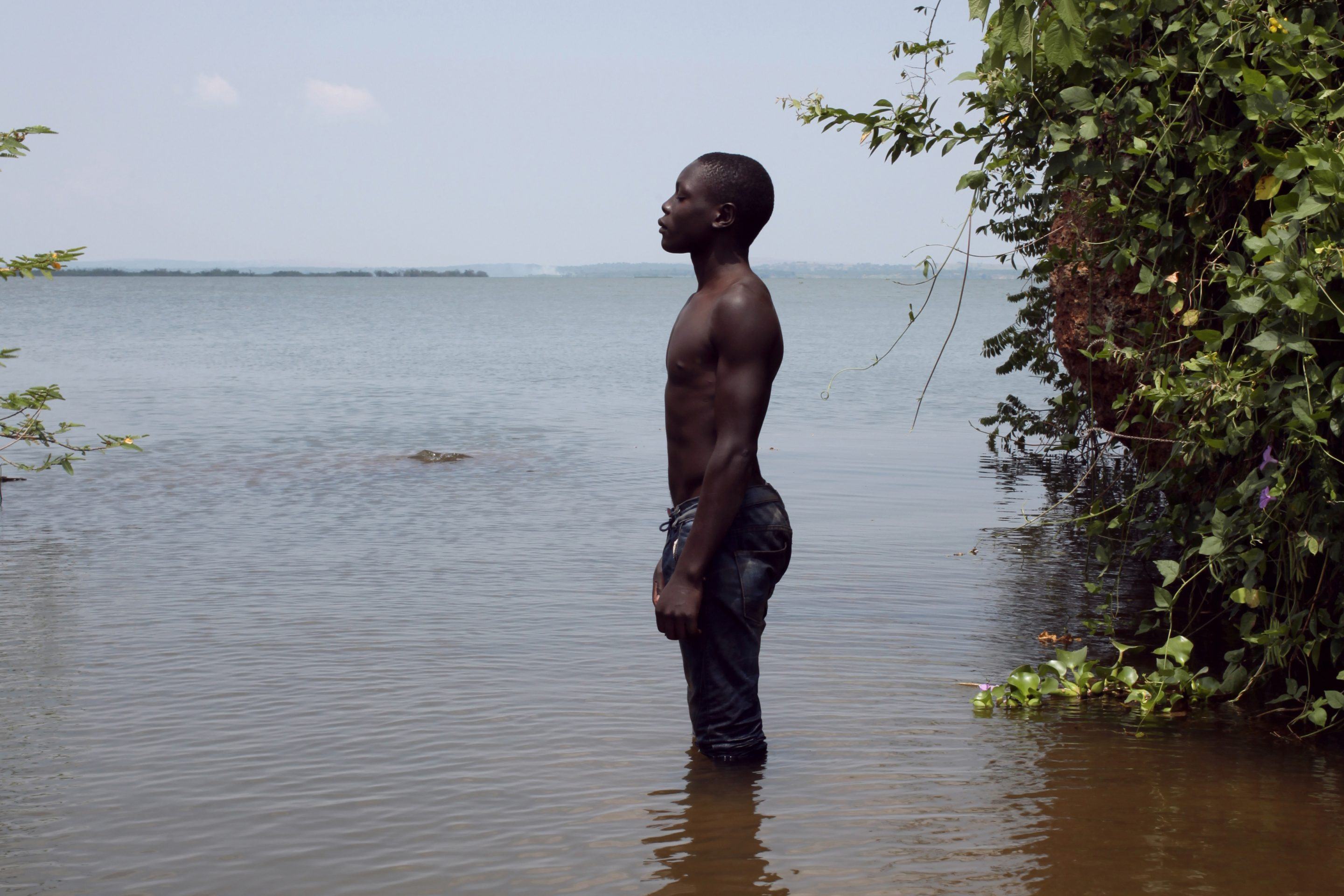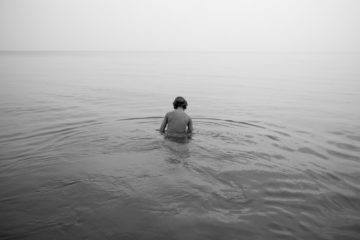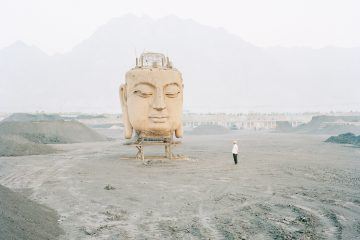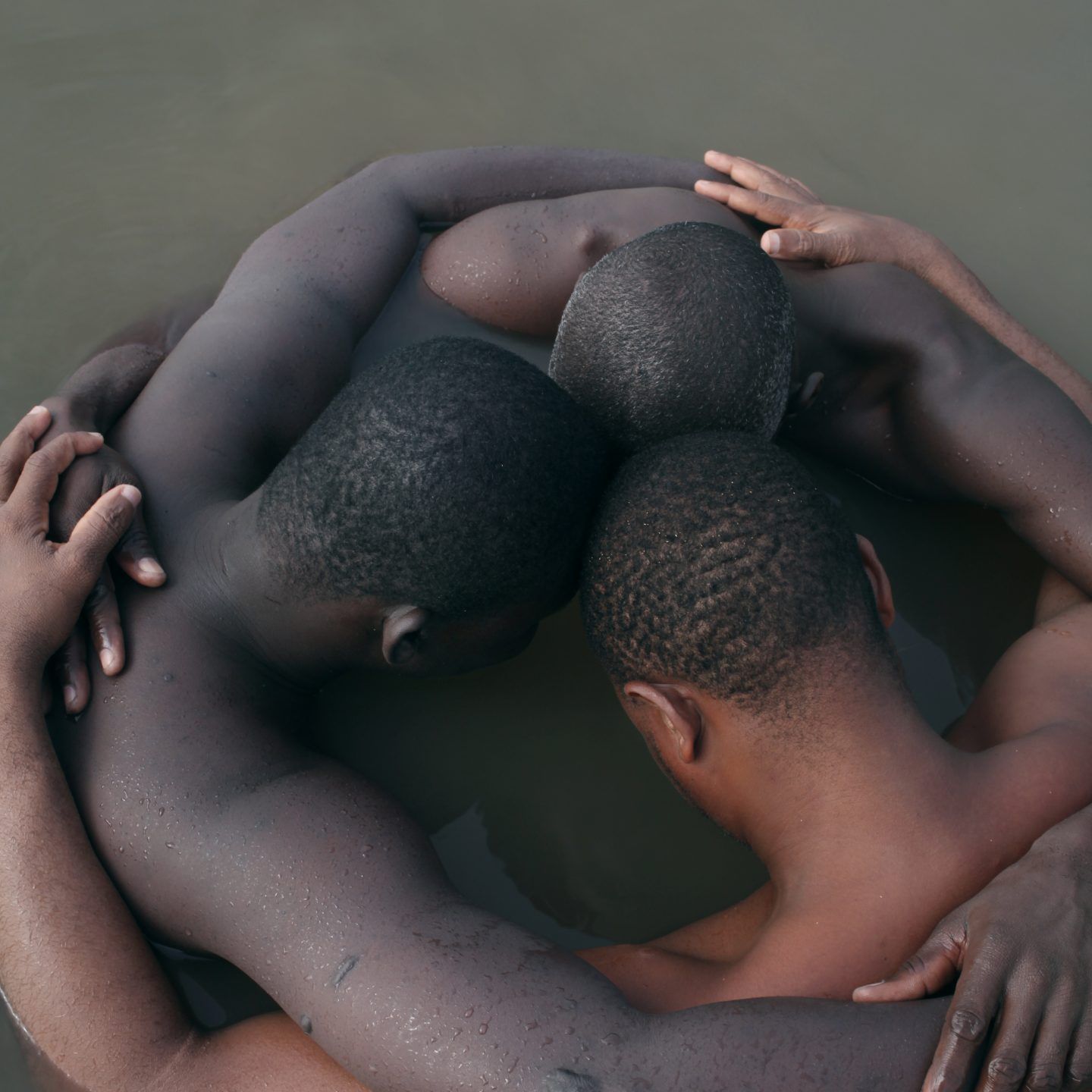
Denisse Ariana Pérez Aims Towards A New Language For Black Masculinity
- Name
- Denisse Ariana Pérez
- Words
- Devid Gualandris
Caribbean-born, Copenhagen-based photographer Denisse Ariana Pérez uses photography and storytelling to subvert narrow depictions and attitudes regarding men of color that are rooted in colonial thought; subtly unpacking and redefining masculinity. Her images of men in water dive into human experiences beyond labels, showing the more tender and vulnerable side of black men, while eliciting a new sense of power and freedom.
Pérez’s depth of observation is remarkable. The photographer has an astounding ability to display her subjects with a seductive energy, balancing their powerful presence with the beauty of the natural landscape. Her recent work includes multiple series with a number of portraits, in which young black men are captured interacting with water landscapes. “Water can disarm even the most armed of facades,” she shares. Taken in different corners of Africa, from East to West, the images are a celebration of culture and beauty, but most of all, of resilience and liberation.
In her work, Pérez challenges detrimental theories and notions of black masculinity that stem from Westernized patriarchal systems, and have been filtered through the lens of racism. Her photographs do not indulge in the masculinity often imposed upon black men—rigid, aggressive, inherently violent, and hyper-sexual. They highlight aspects of comfort, tenderness, lightness, and freedom, through bodily expression and staged compositions in waterscapes. The images showcase men feeling beautiful, expressing emotions, showing attachment, and embracing each other. In a society that expects men to dominate in every aspect of their lives, Pérez’s work unearths new conceptions of male identity, by building new visual foundations. By documenting a softer side of men, her series shows vulnerability, sentimentality, and the intimate relationship between body and space, declaring that there is no need to conform to societal expectations of what black masculinity is—black men are not monolithic and black masculinity is simply not one thing; it has many facets and complex layers.
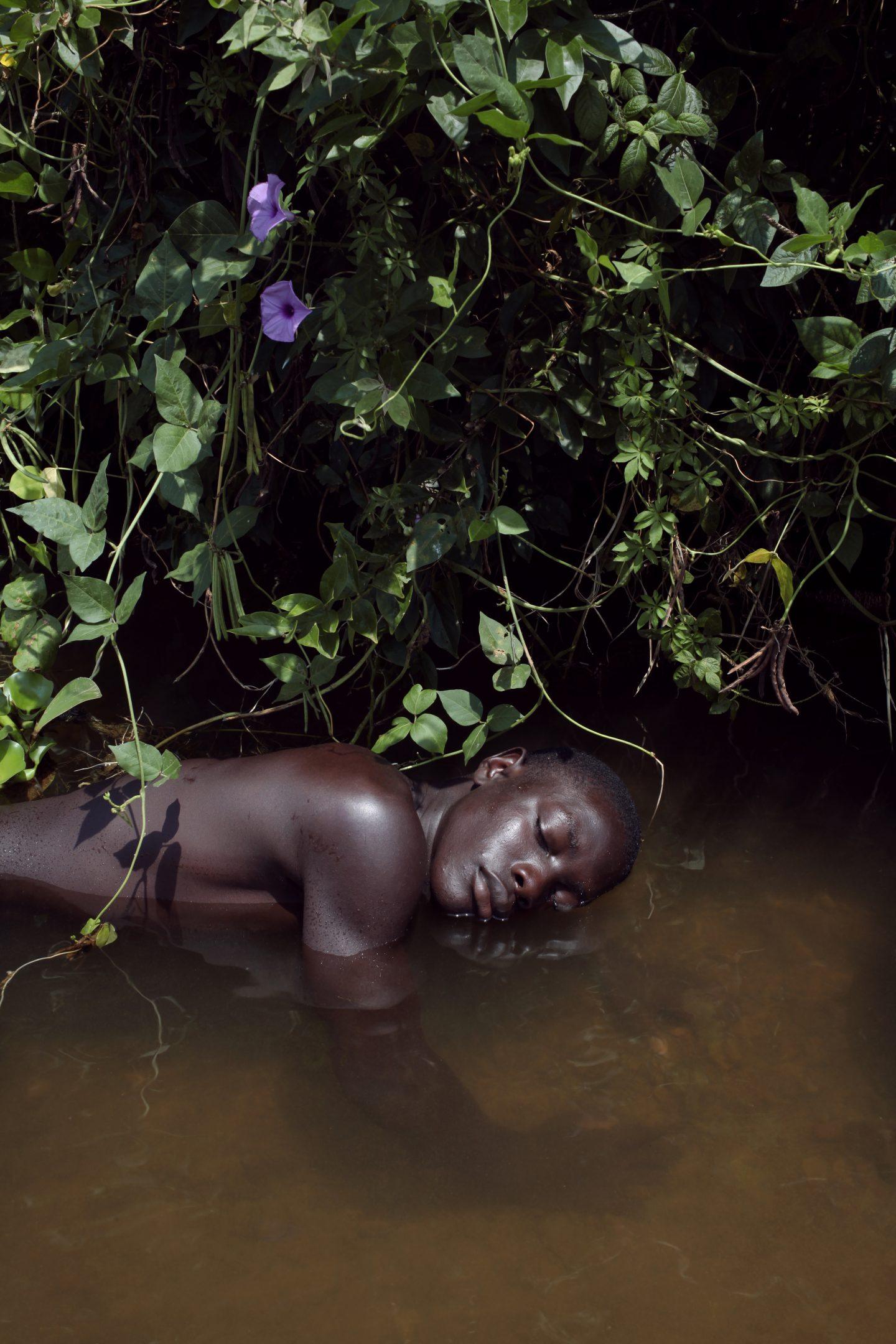
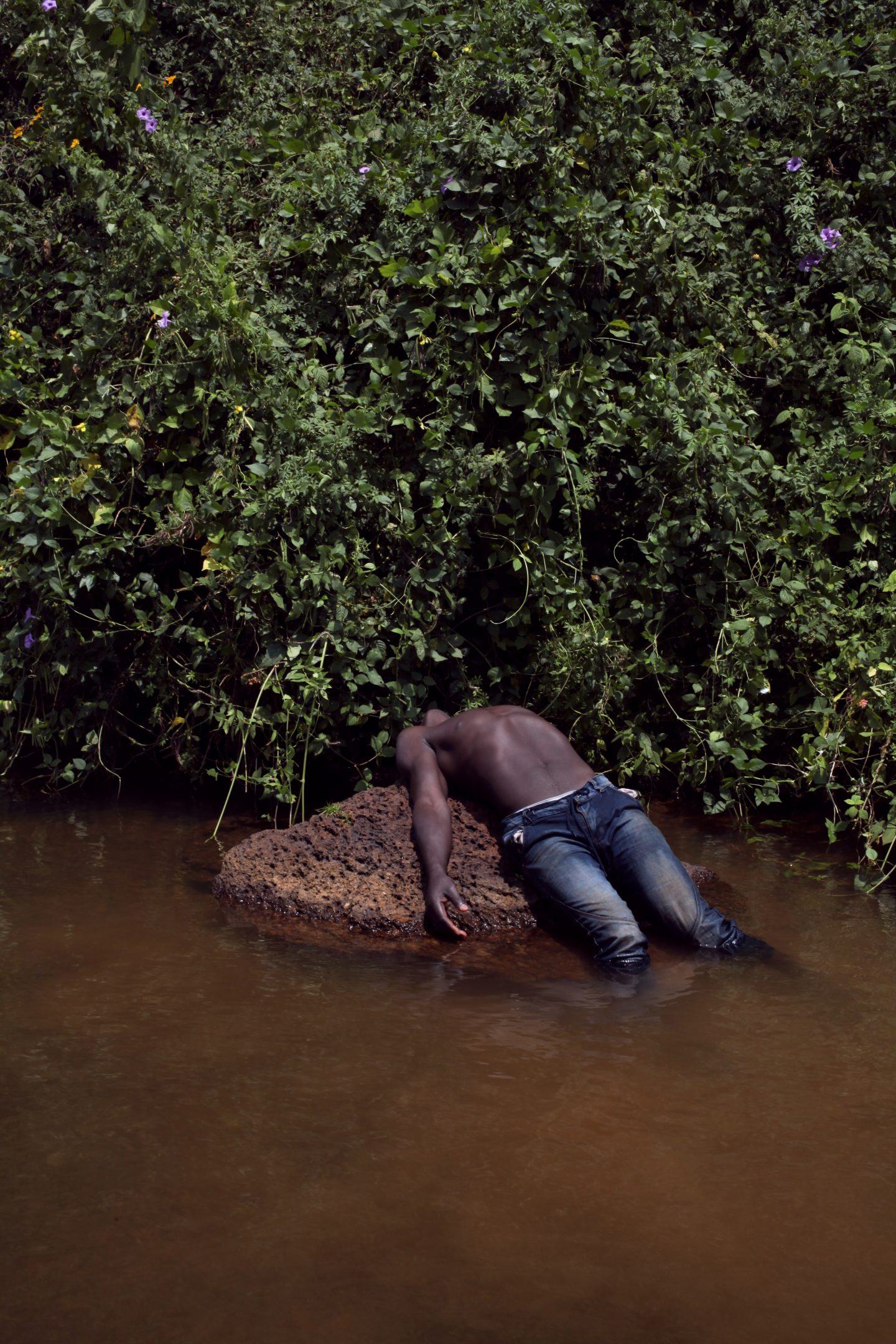
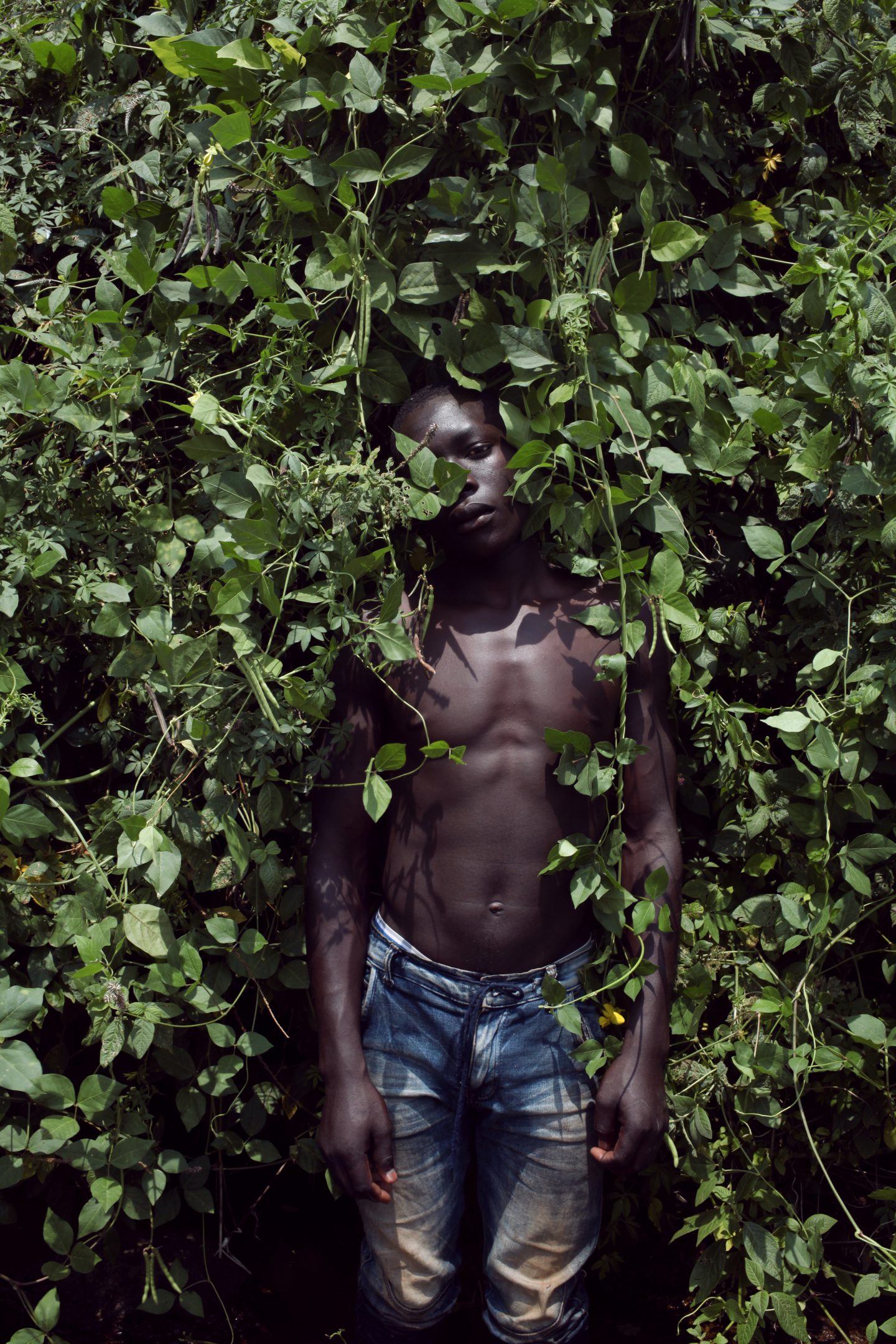
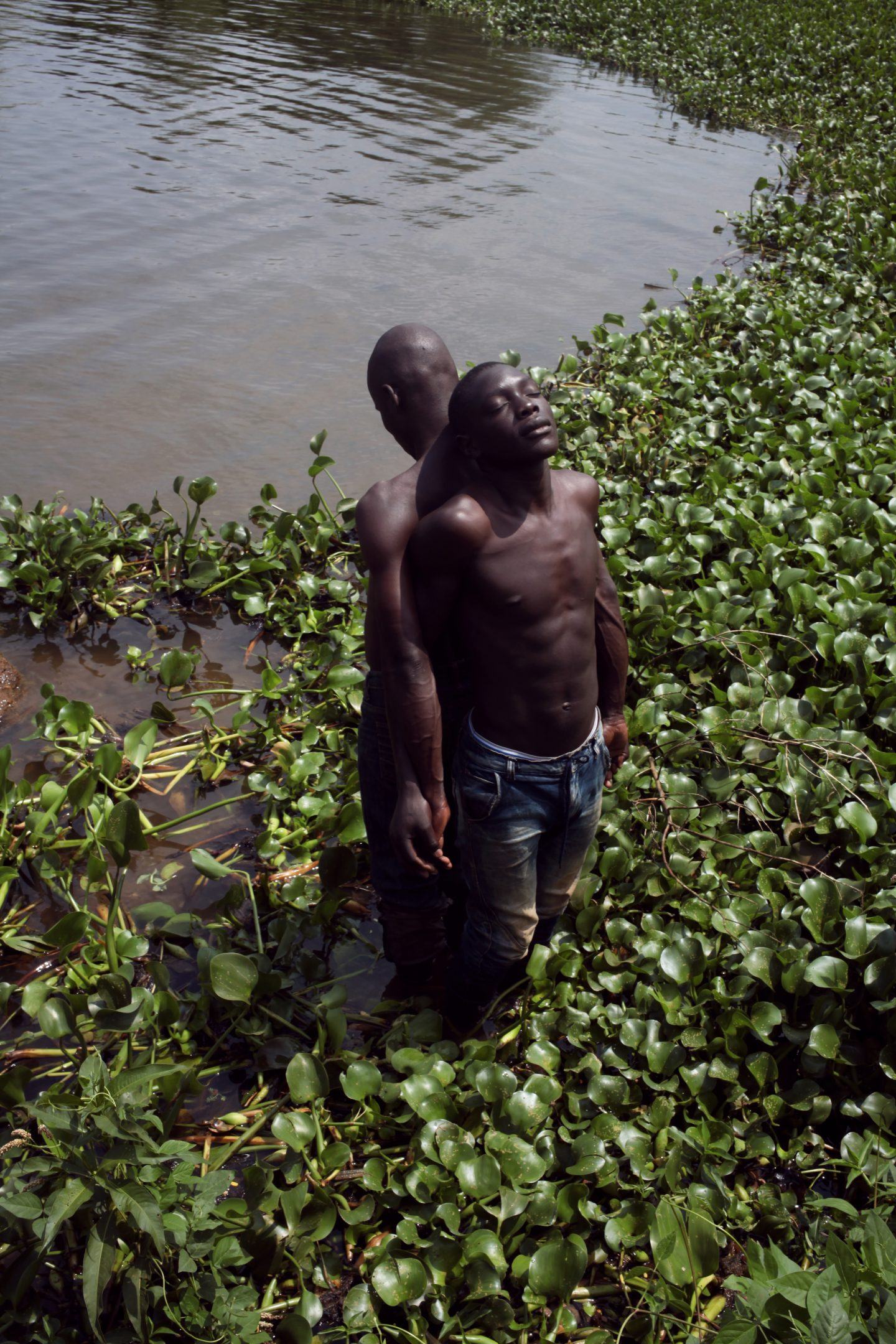
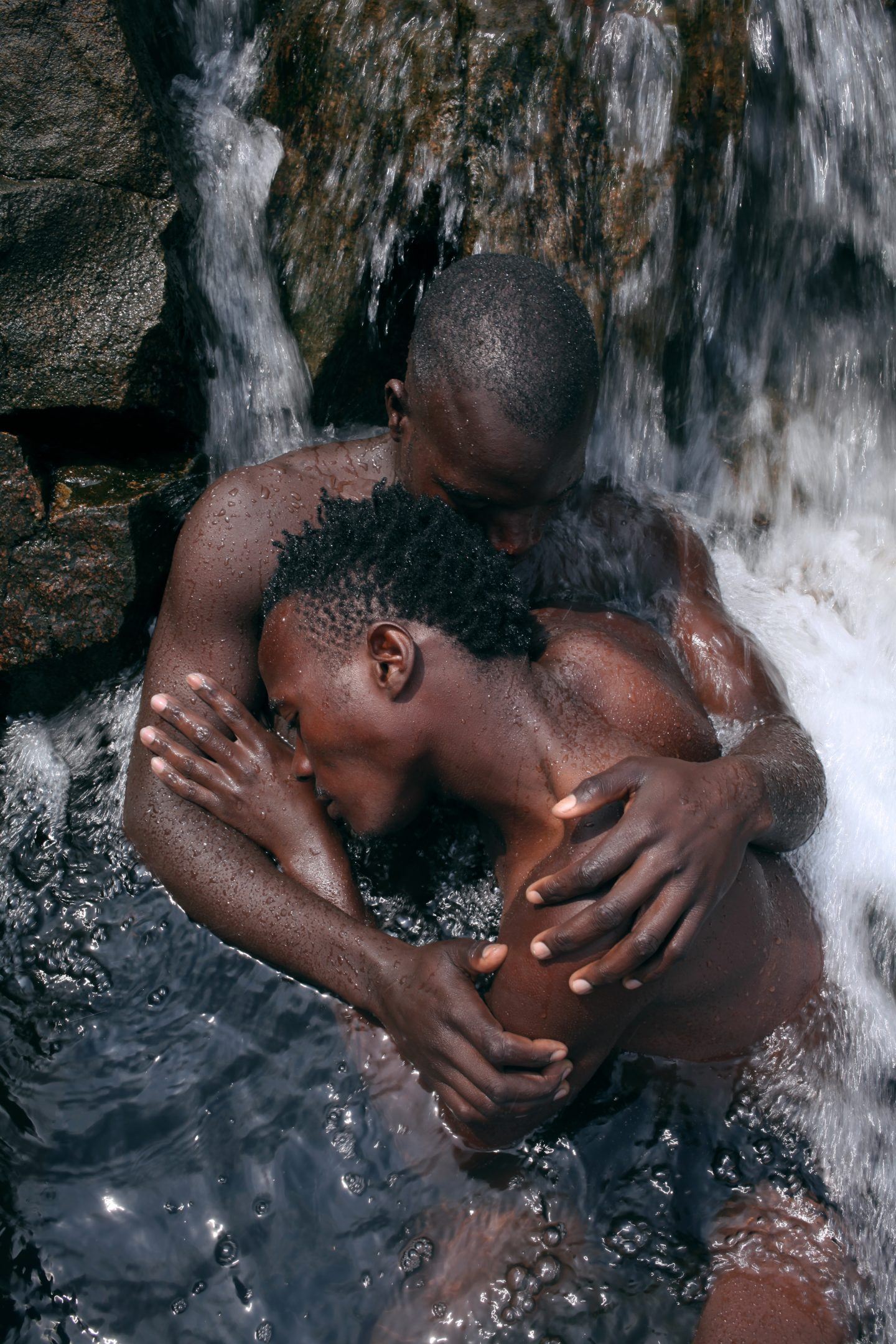
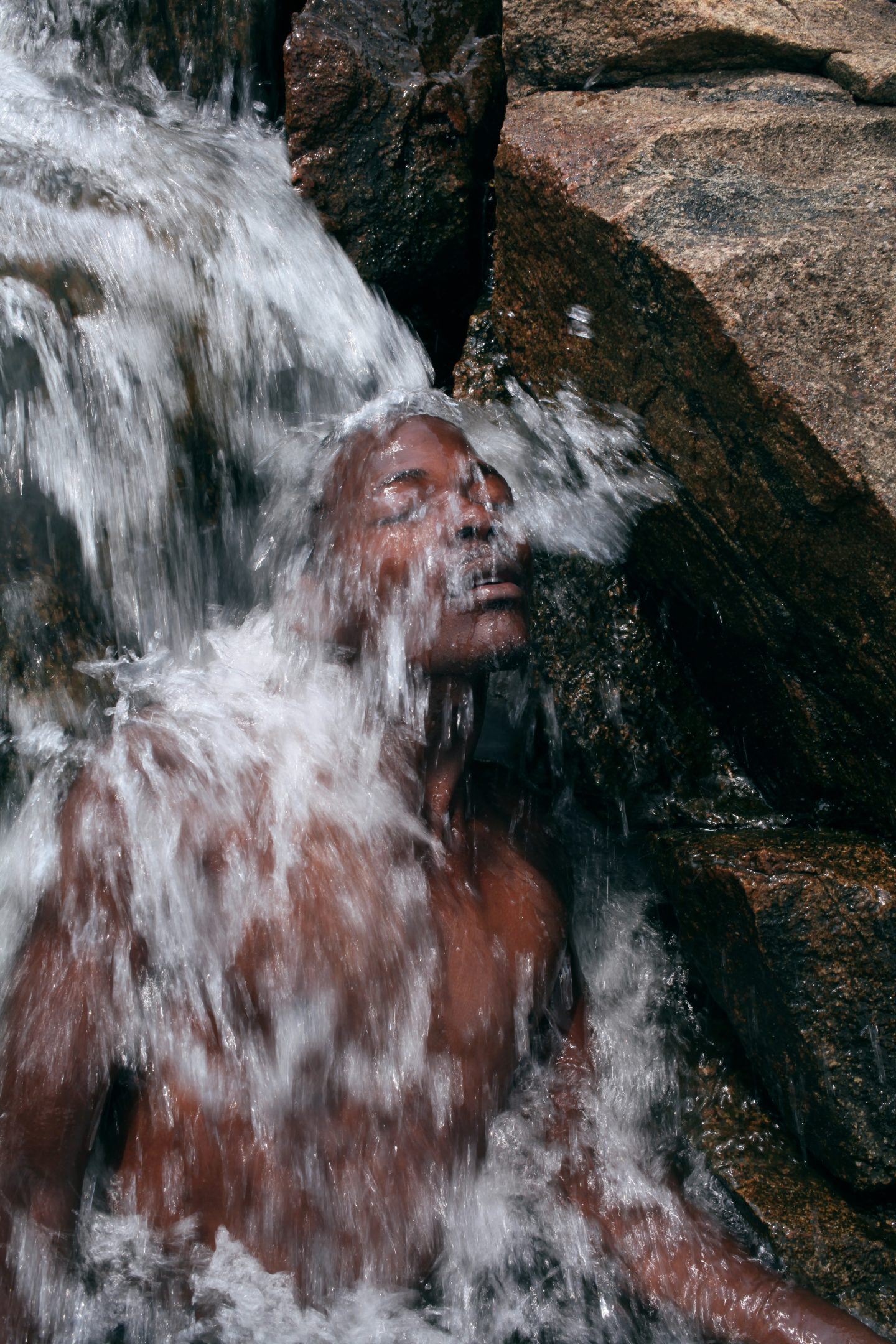
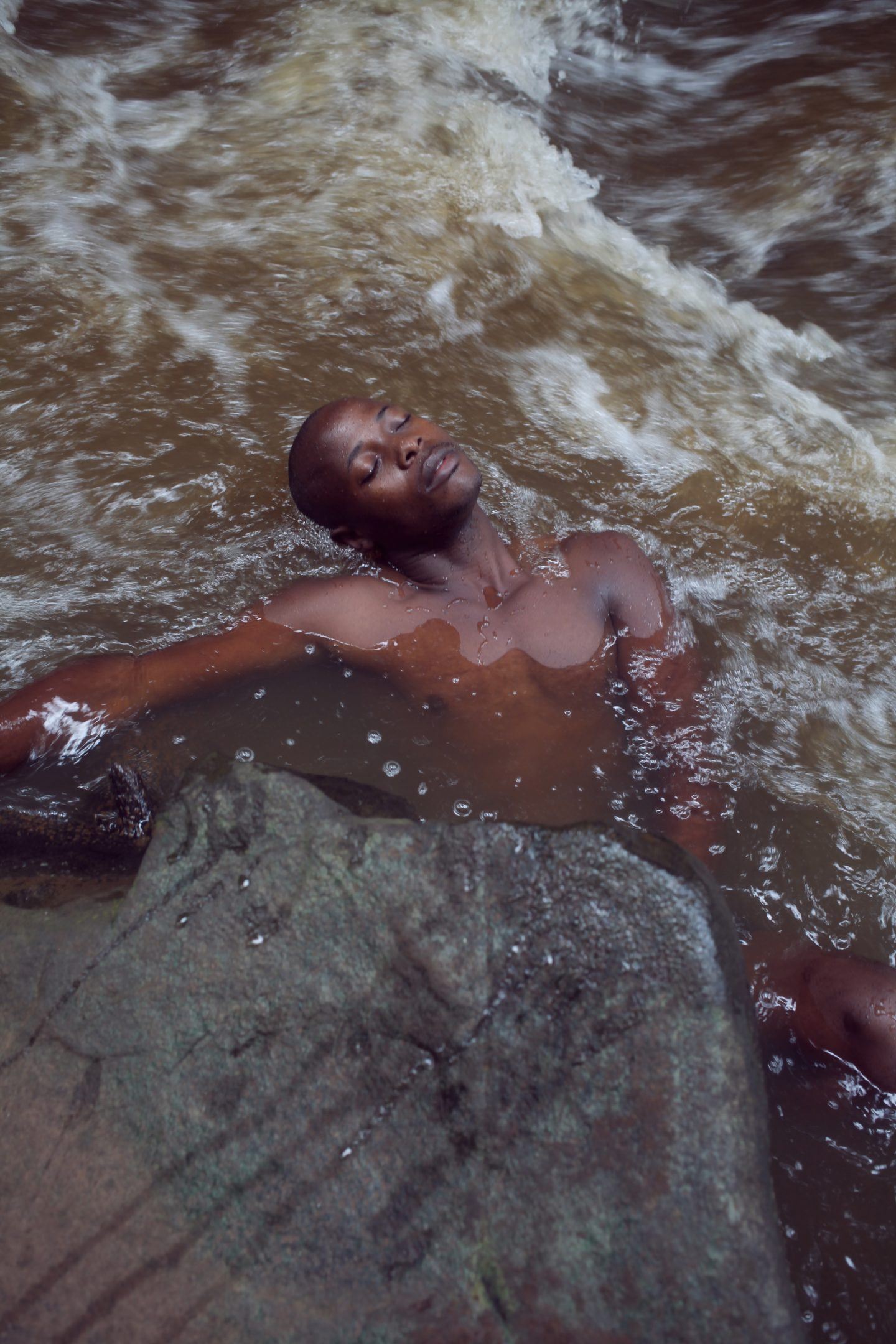
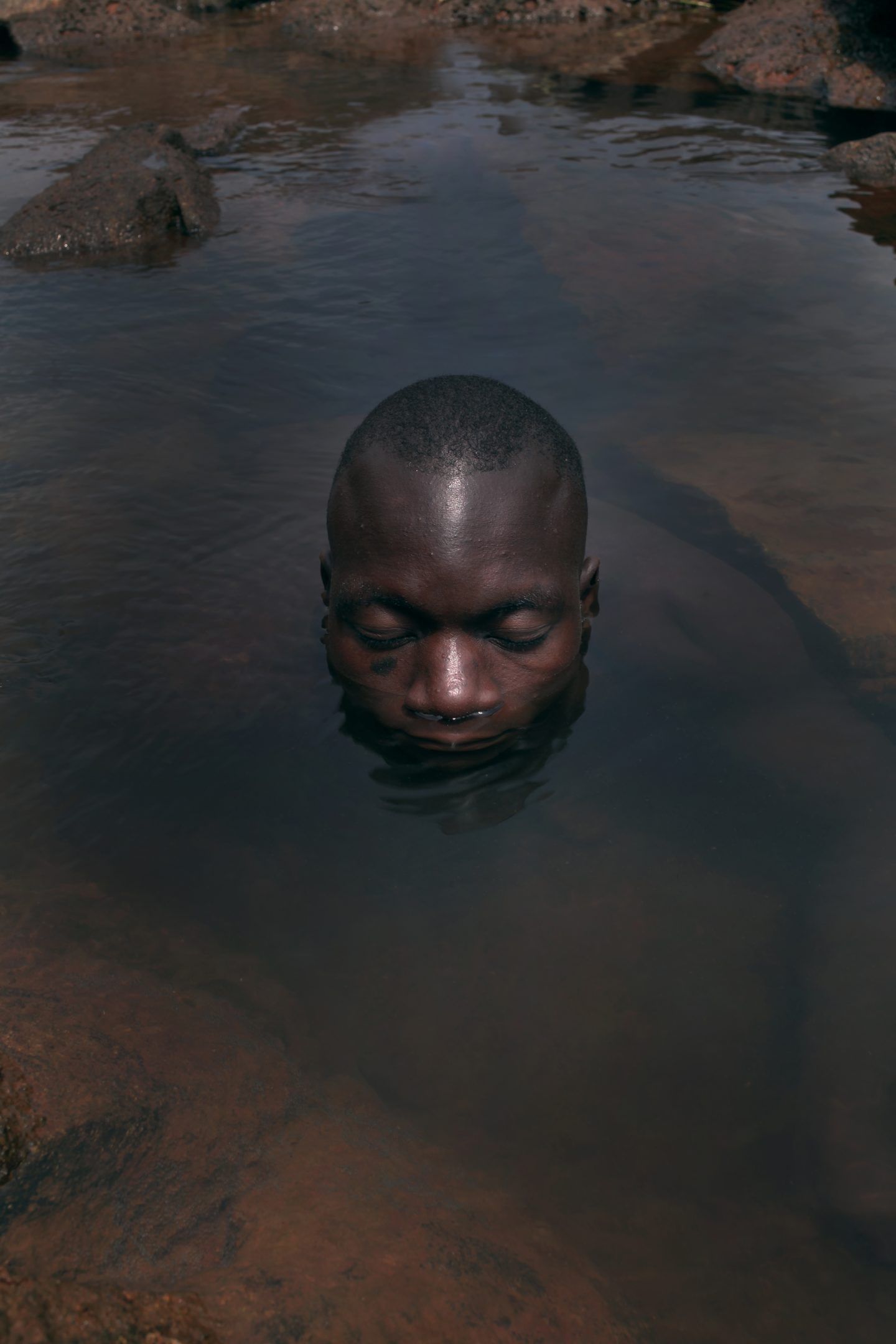
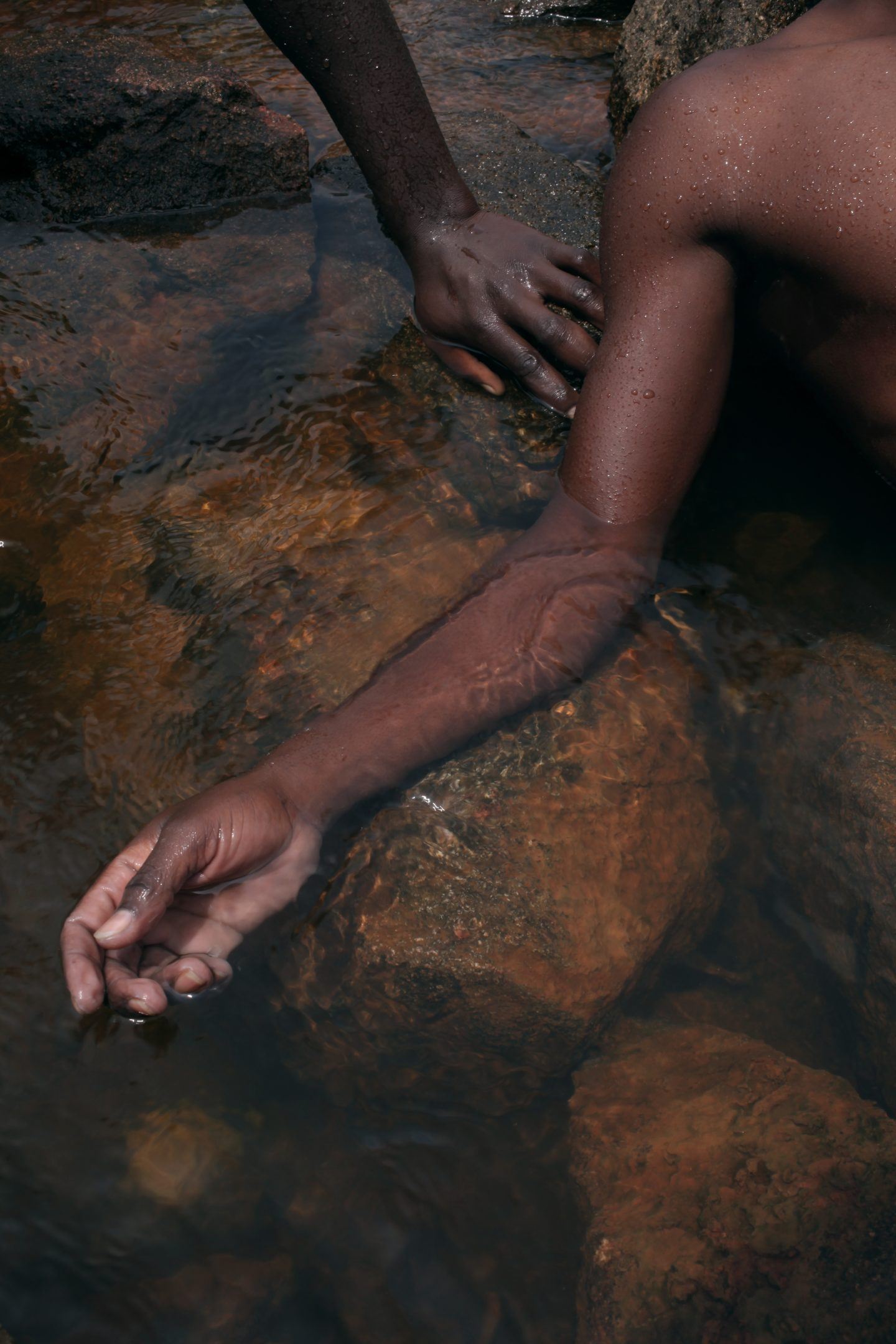
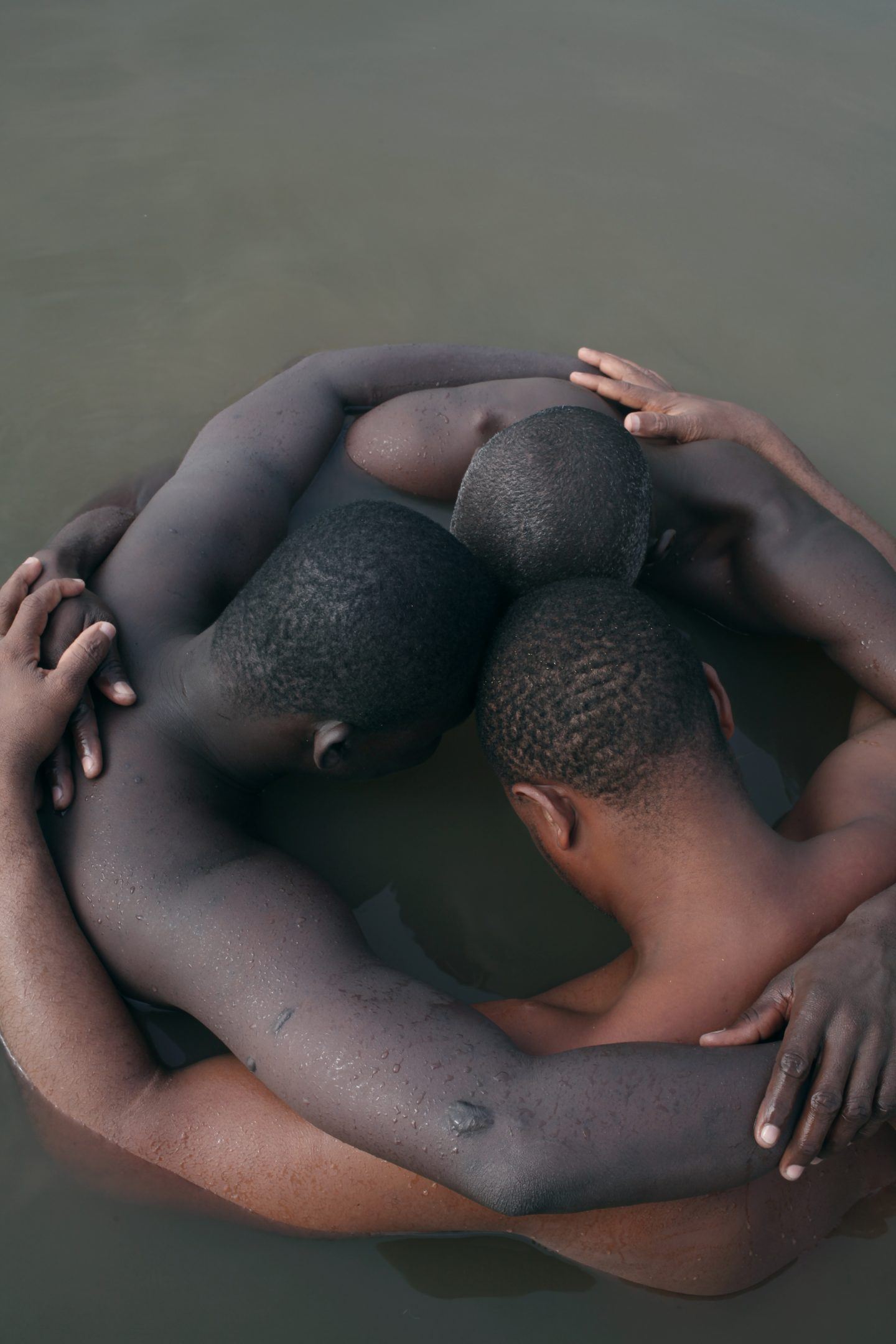
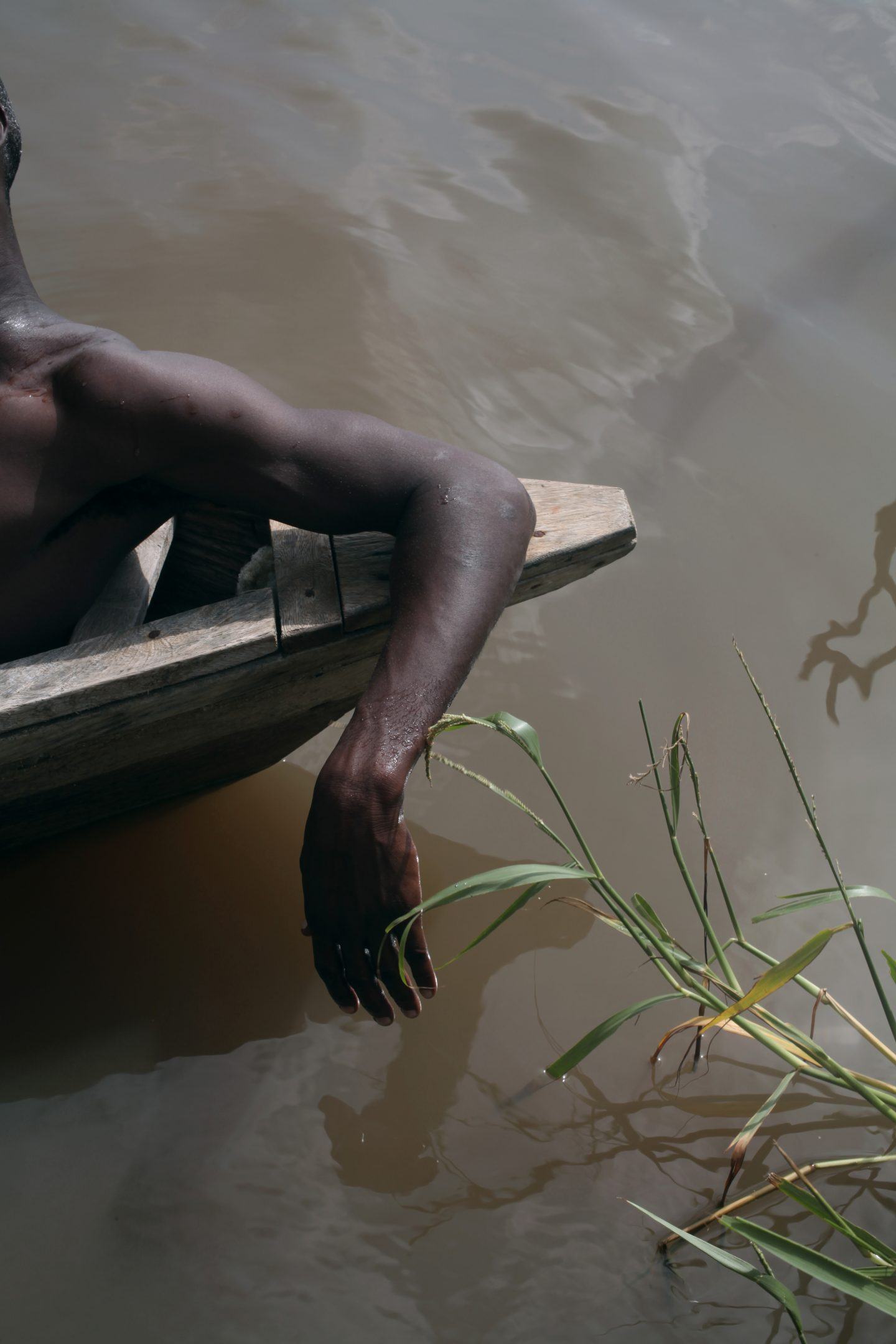
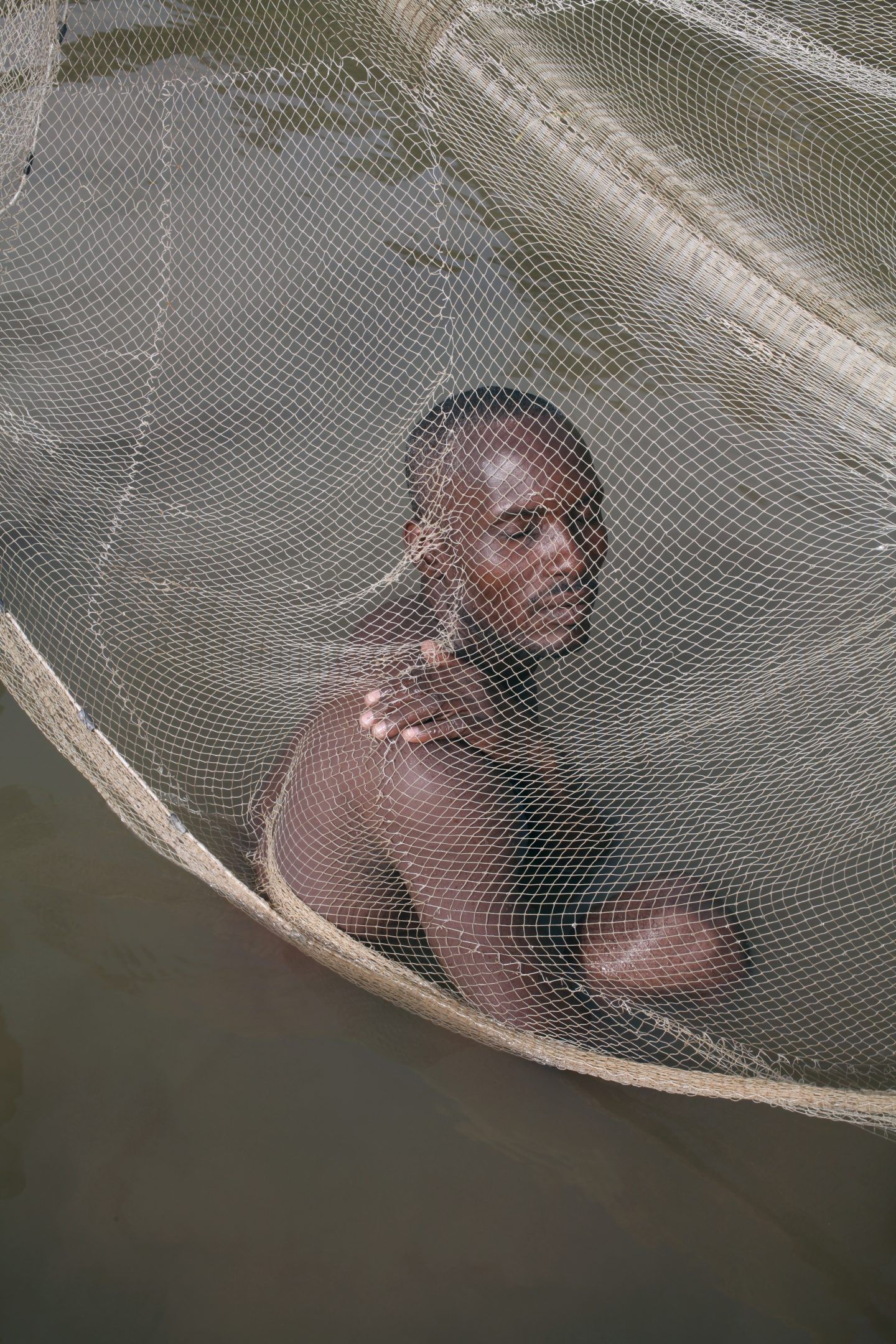
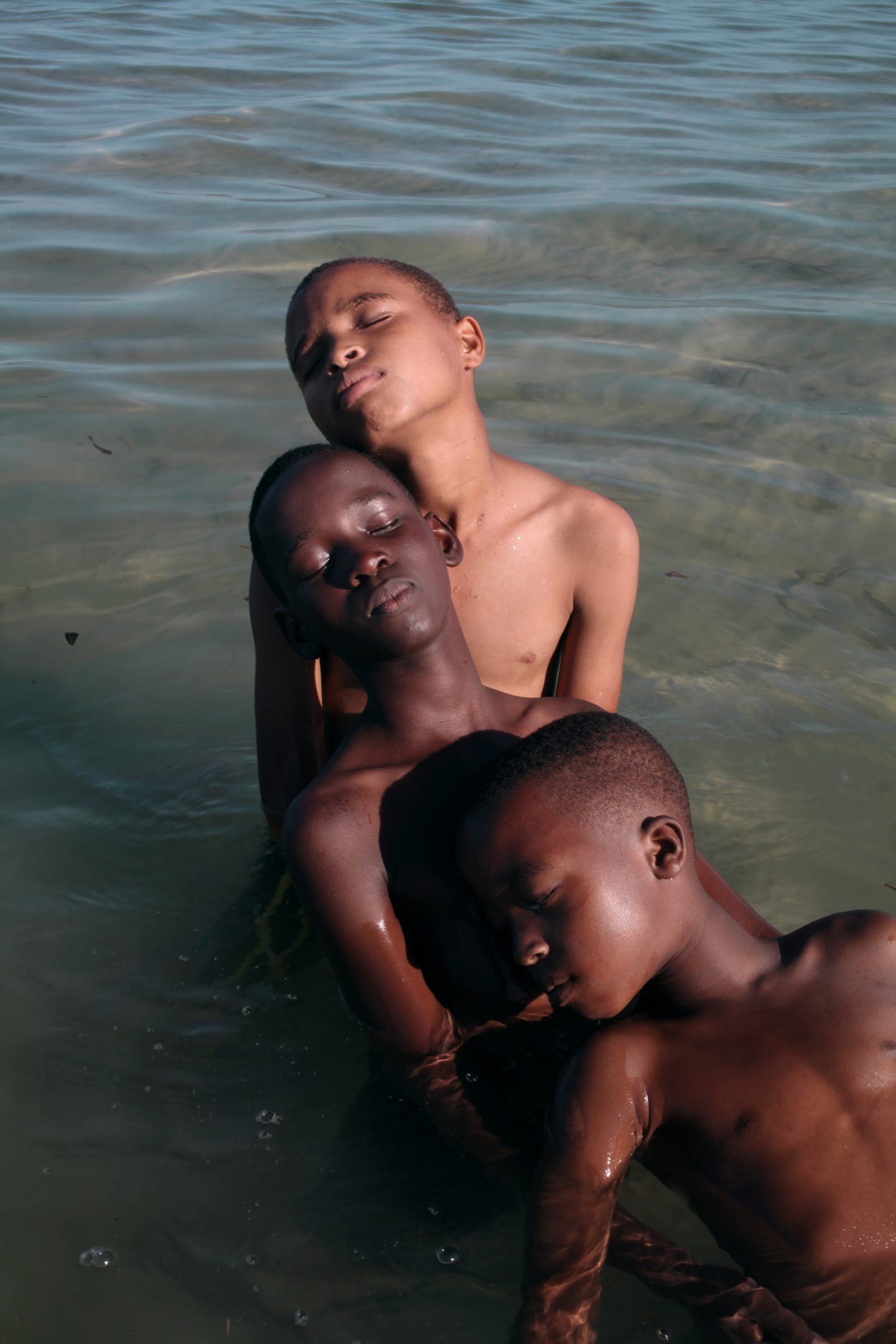
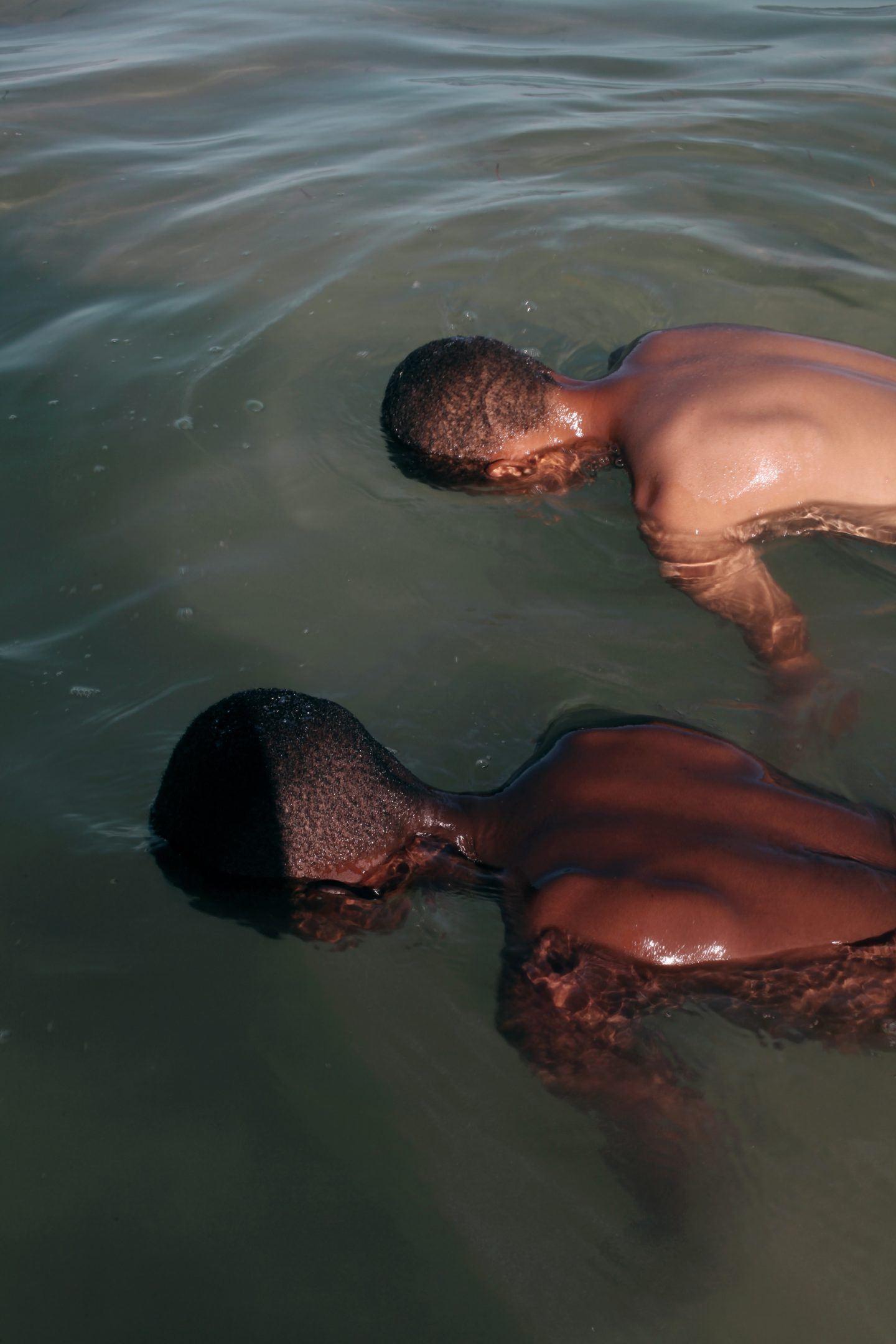
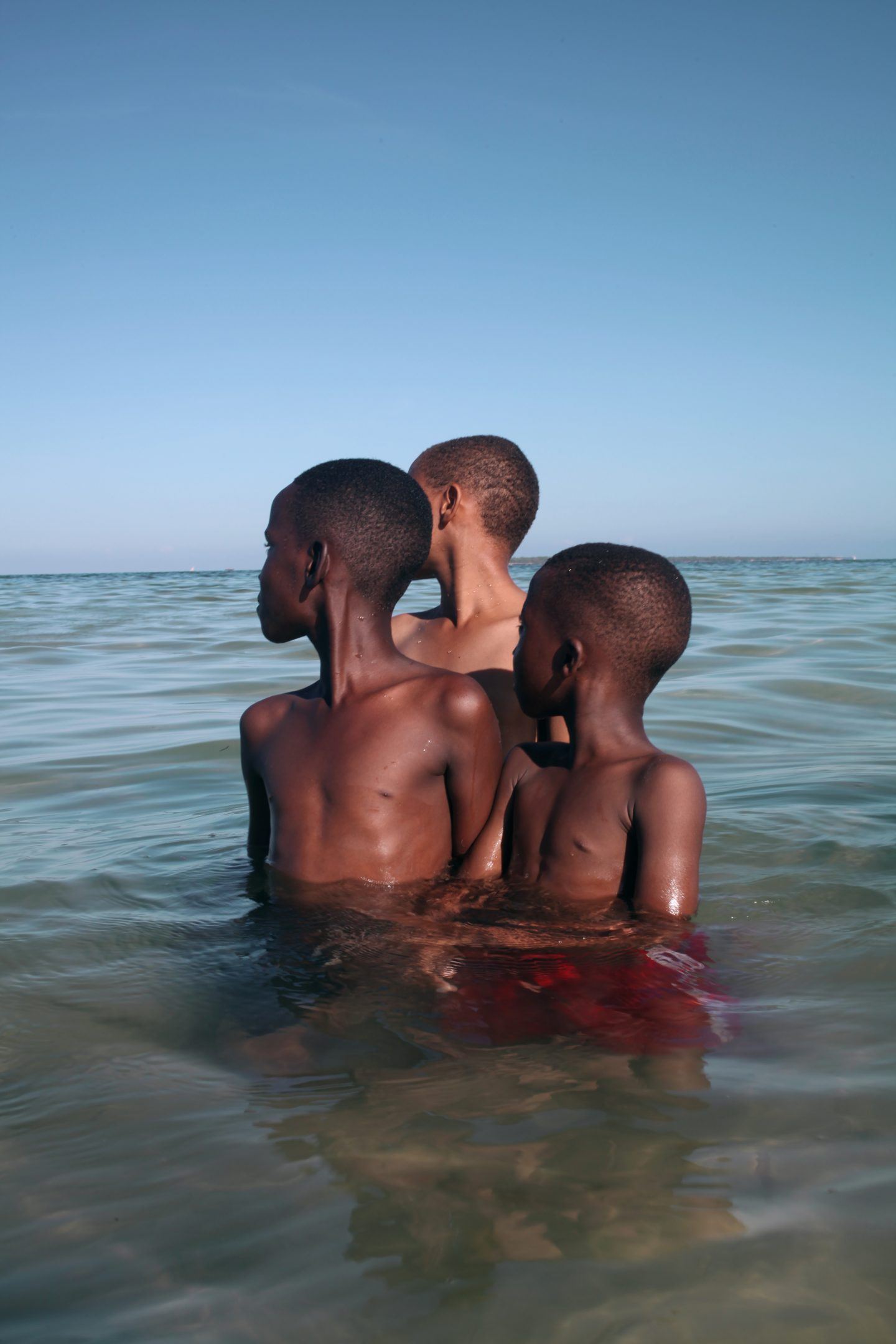
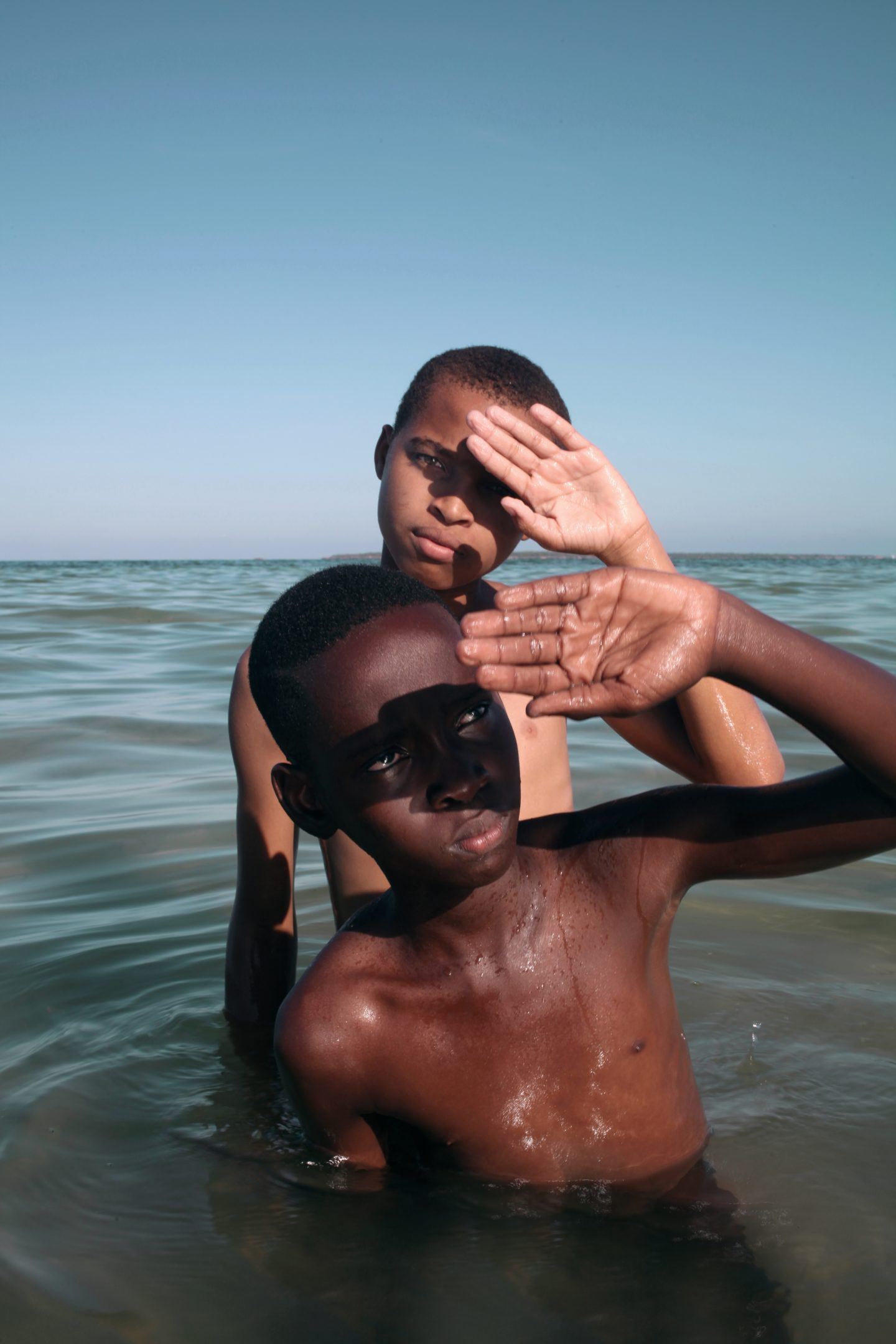
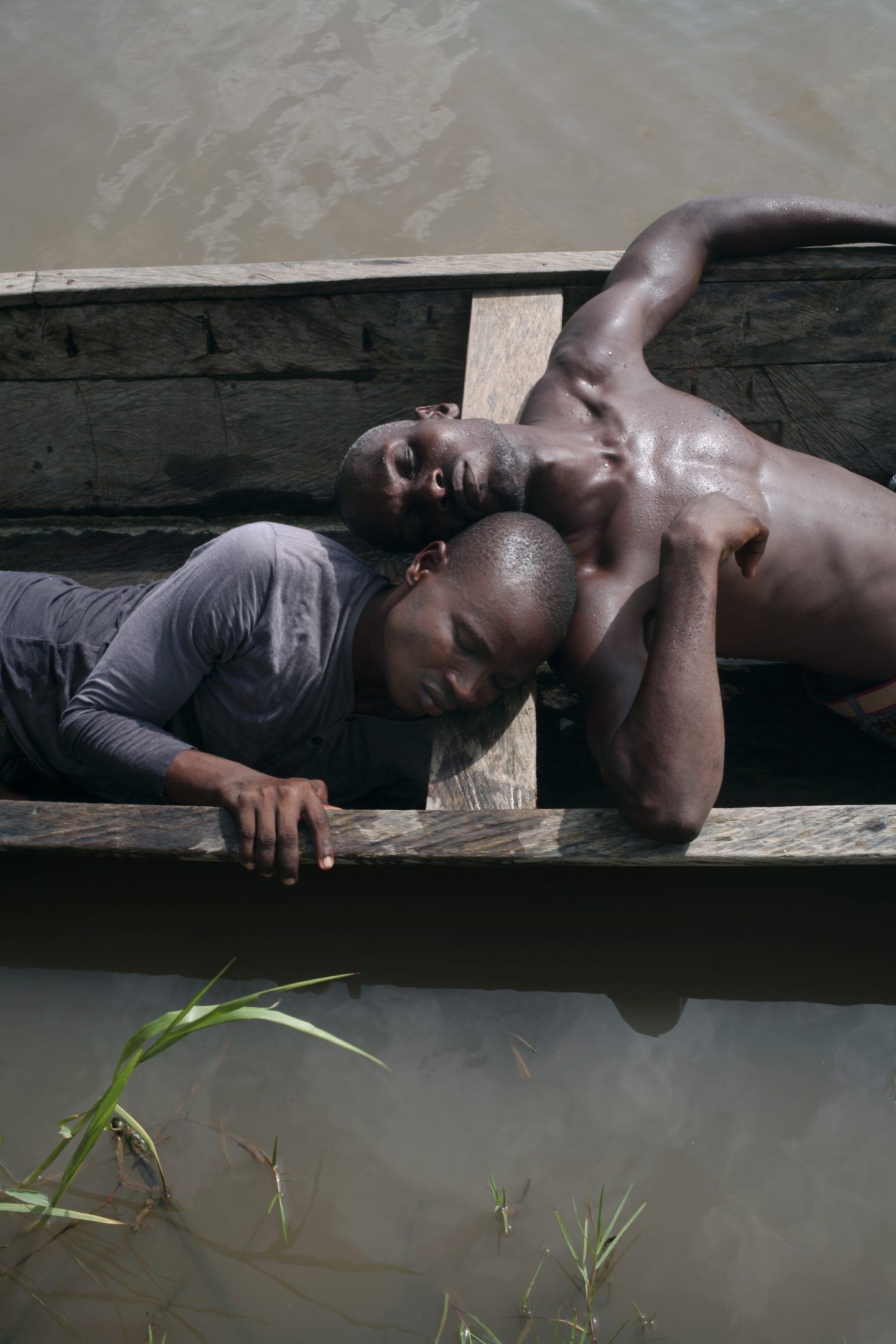
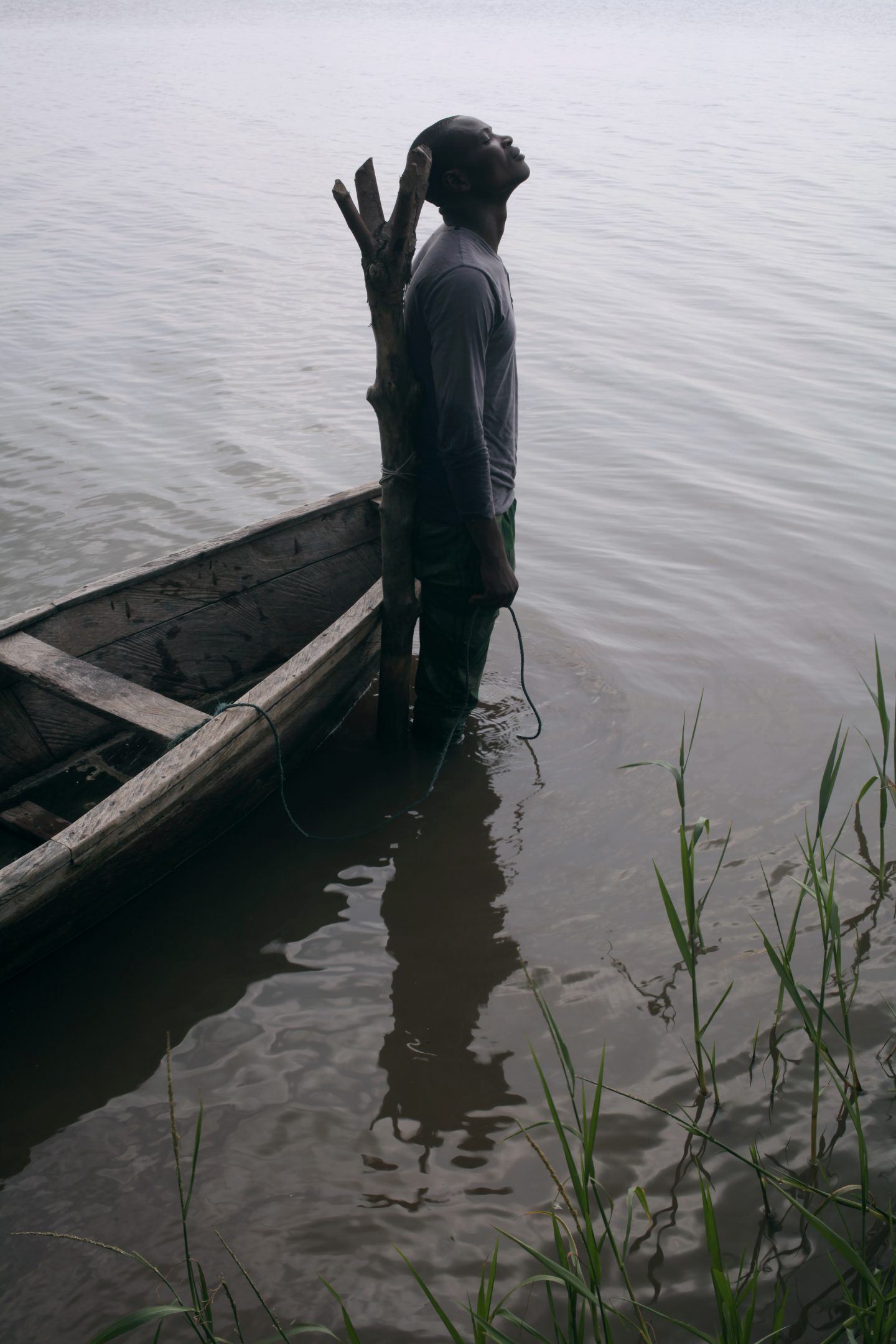
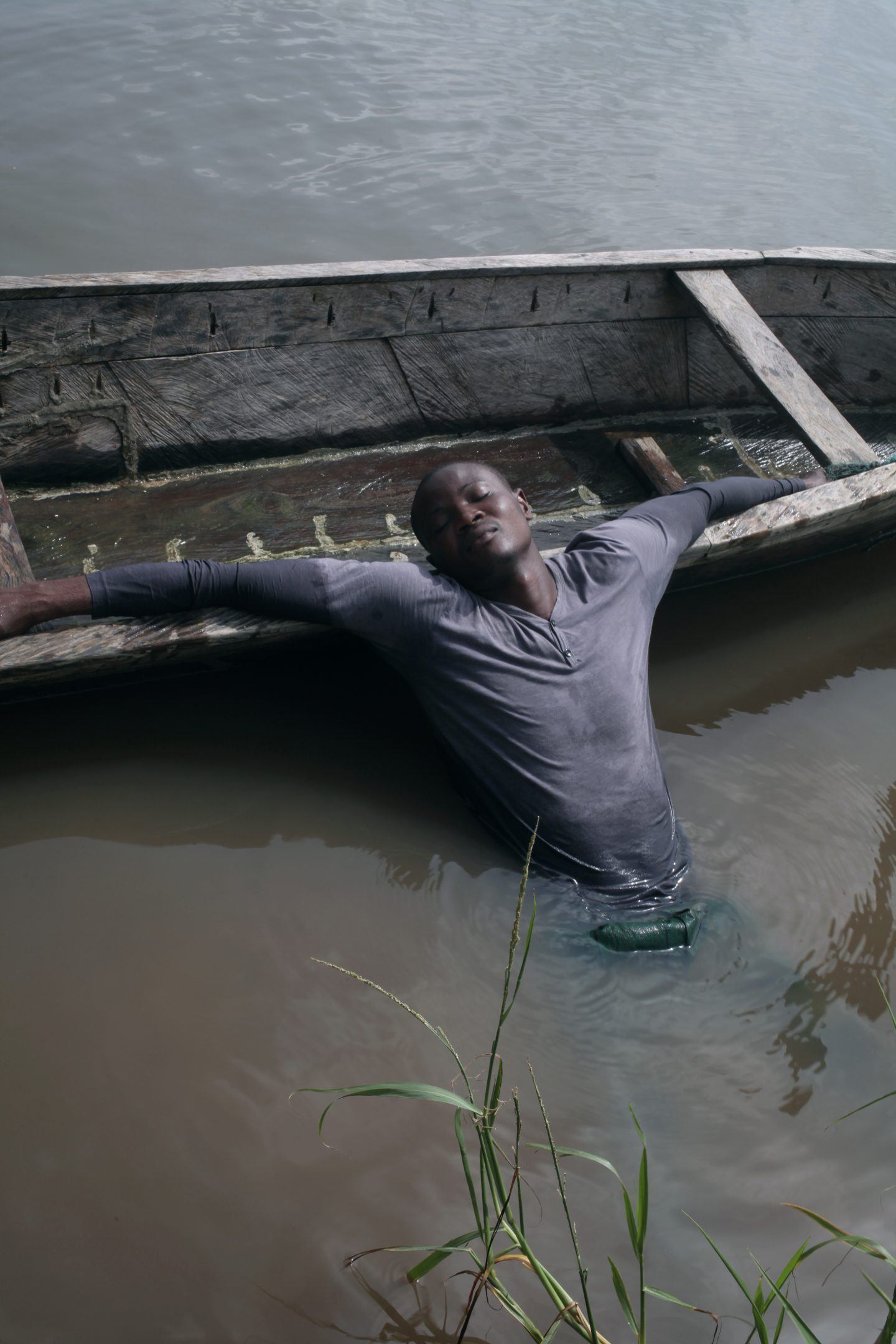
All images © Denisse Ariana Pérez
